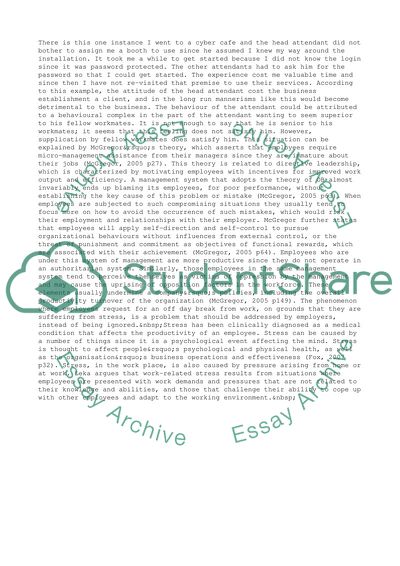Cite this document
(An Understanding of the Different Theoretical Perspectives that Assignment - 3, n.d.)
An Understanding of the Different Theoretical Perspectives that Assignment - 3. Retrieved from https://studentshare.org/management/1464122-organisational-behaviour
An Understanding of the Different Theoretical Perspectives that Assignment - 3. Retrieved from https://studentshare.org/management/1464122-organisational-behaviour
(An Understanding of the Different Theoretical Perspectives That Assignment - 3)
An Understanding of the Different Theoretical Perspectives That Assignment - 3. https://studentshare.org/management/1464122-organisational-behaviour.
An Understanding of the Different Theoretical Perspectives That Assignment - 3. https://studentshare.org/management/1464122-organisational-behaviour.
“An Understanding of the Different Theoretical Perspectives That Assignment - 3”, n.d. https://studentshare.org/management/1464122-organisational-behaviour.


